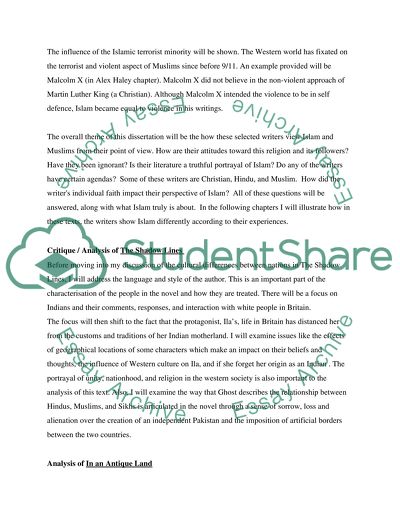Cite this document
(“PHD proposal Essay Example | Topics and Well Written Essays - 1000 words”, n.d.)
PHD proposal Essay Example | Topics and Well Written Essays - 1000 words. Retrieved from https://studentshare.org/miscellaneous/1538035-phd-proposal
PHD proposal Essay Example | Topics and Well Written Essays - 1000 words. Retrieved from https://studentshare.org/miscellaneous/1538035-phd-proposal
(PHD Proposal Essay Example | Topics and Well Written Essays - 1000 Words)
PHD Proposal Essay Example | Topics and Well Written Essays - 1000 Words. https://studentshare.org/miscellaneous/1538035-phd-proposal.
PHD Proposal Essay Example | Topics and Well Written Essays - 1000 Words. https://studentshare.org/miscellaneous/1538035-phd-proposal.
“PHD Proposal Essay Example | Topics and Well Written Essays - 1000 Words”, n.d. https://studentshare.org/miscellaneous/1538035-phd-proposal.


